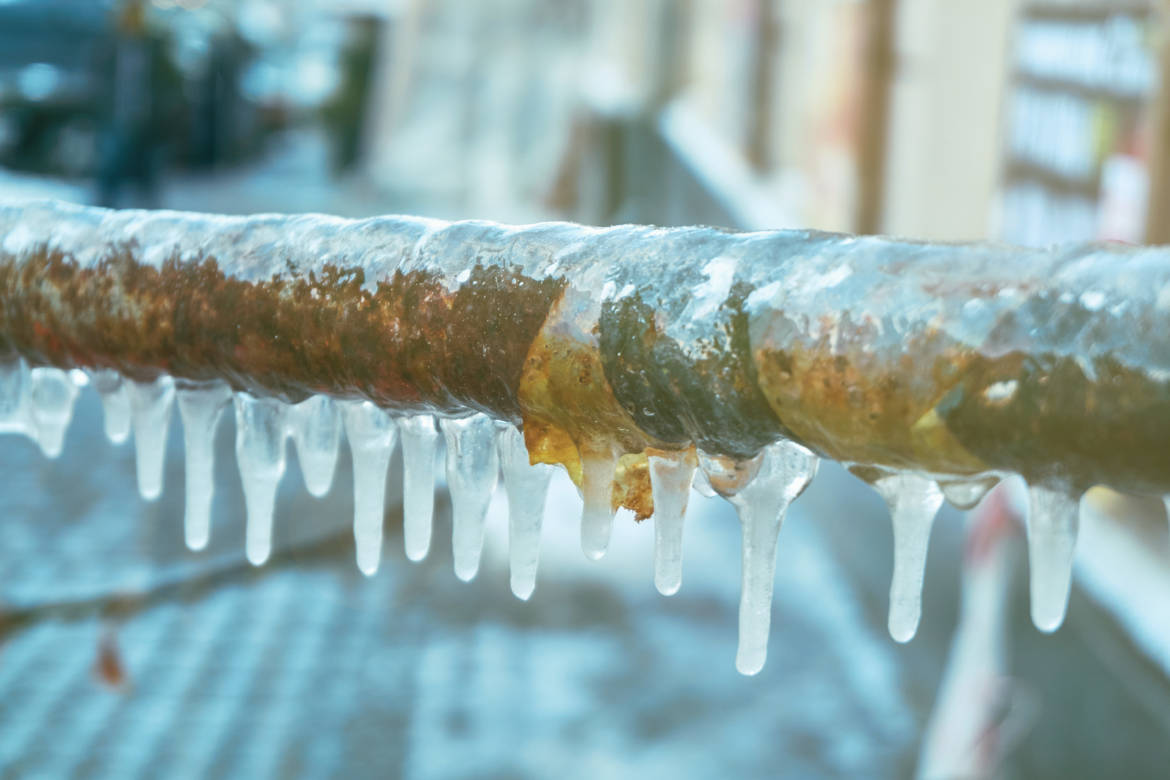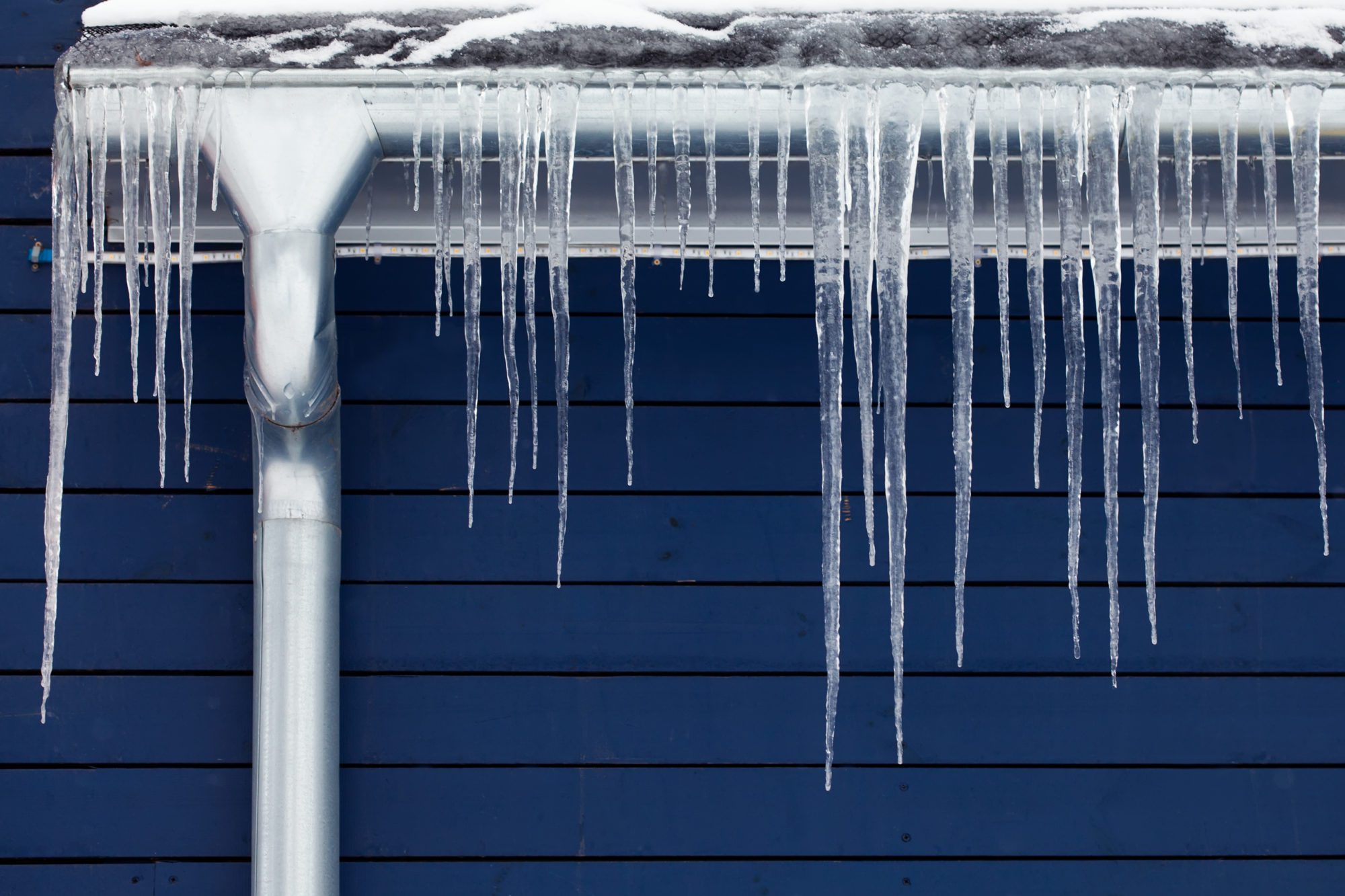Essential Tips to Prevent Frozen Plumbing in Winter: Professional Insights
Essential Tips to Prevent Frozen Plumbing in Winter: Professional Insights
Blog Article
Just how do you feel with regards to 6 Ways to Prevent Frozen Pipes?

Winter can damage your pipes, particularly by freezing pipelines. Right here's how to prevent it from taking place and what to do if it does.
Intro
As temperature levels decline, the threat of frozen pipes boosts, potentially bring about pricey repairs and water damages. Understanding how to prevent frozen pipelines is critical for house owners in chilly environments.
Prevention Tips
Shielding at risk pipelines
Wrap pipelines in insulation sleeves or utilize warmth tape to protect them from freezing temperatures. Concentrate on pipelines in unheated or external areas of the home.
Home heating strategies
Keep interior spaces effectively warmed, especially locations with pipes. Open up closet doors to enable warm air to circulate around pipes under sinks.
How to identify frozen pipelines
Seek lowered water circulation from taps, unusual odors or sounds from pipelines, and visible frost on revealed pipelines.
Long-Term Solutions
Structural changes
Think about rerouting pipes far from exterior wall surfaces or unheated areas. Include additional insulation to attic rooms, basements, and crawl spaces.
Updating insulation
Purchase top quality insulation for pipelines, attics, and wall surfaces. Correct insulation assists keep consistent temperature levels and reduces the danger of icy pipes.
Securing Exterior Plumbing
Garden pipes and outdoor faucets
Detach and drain pipes yard hoses before wintertime. Mount frost-proof faucets or cover outdoor faucets with protected caps.
Comprehending Icy Pipelines
What creates pipelines to ice up?
Pipelines ice up when exposed to temperatures below 32 ° F (0 ° C) for extended periods. As water inside the pipes ices up, it broadens, taxing the pipeline walls and possibly creating them to rupture.
Threats and damages
Frozen pipelines can result in water system disruptions, residential or commercial property damage, and expensive repair services. Burst pipes can flood homes and cause considerable structural damages.
Indications of Frozen Piping
Determining frozen pipes early can stop them from rupturing.
What to Do If Your Pipelines Freeze
Immediate activities to take
If you suspect icy pipelines, keep faucets open up to ease pressure as the ice melts. Utilize a hairdryer or towels soaked in hot water to thaw pipes slowly.
Conclusion
Avoiding frozen pipelines needs proactive actions and quick responses. By recognizing the causes, indicators, and preventive measures, homeowners can secure their plumbing throughout winter.
Helpful Tips to Prevent Frozen Pipes this Winter
UNDERSTANDING THE BASICS: WHY PIPES FREEZE AND WHY IT’S A PROBLEM
Water freezing inside pipes is common during the winter months, but understanding why pipes freeze, and the potential problems it can cause is crucial in preventing such incidents. This section will delve into the basics of why pipes freeze and the associated problems that may arise.
THE SCIENCE BEHIND FROZEN PIPES
When water reaches freezing temperatures, it undergoes a physical transformation and solidifies into ice. This expansion of water as it freezes is the primary reason pipes can burst. As the water inside the pipe freezes, it expands, creating immense pressure on the walls. If the pressure becomes too great, the pipe can crack or rupture, leading to leaks and water damage.
FACTORS THAT CONTRIBUTE TO PIPE FREEZING
Low Temperatures: Extremely cold weather, especially below freezing, increases the risk of pipes freezing. Uninsulated or Poorly Insulated Pipes: Pipes located in unheated areas, such as basements, crawl spaces, or attics, are more prone to freezing. Insufficient insulation or lack of insulation altogether exacerbates the problem. Exterior Wall Exposure: Pipes running along exterior walls are susceptible to freezing as they encounter colder temperatures outside. Lack of Heating or Temperature Regulation: Inadequate heating or inconsistent temperature control in your home can contribute to frozen pipes. PROBLEMS CAUSED BY FROZEN PIPES
- Pipe Bursting: As mentioned earlier, the expansion of water as it freezes can cause pipes to burst, resulting in significant water damage.
- Water Damage: When pipes burst, it can lead to flooding and water damage to your property, including walls, ceilings, flooring, and personal belongings.
- Structural Damage: Prolonged exposure to water from burst pipes can compromise the structural integrity of your home, leading to costly repairs.
- Mold and Mildew Growth: Excess moisture from water damage can create a favorable environment for mold and mildew growth, posing health risks to occupants.
- Disrupted Water Supply: Frozen pipes can also result in a complete or partial loss of water supply until the issue is resolved.
WHY CERTAIN PIPES ARE MORE PRONE TO FREEZING
- Location: Pipes located in unheated or poorly insulated areas, such as basements, crawl spaces, attics, or exterior walls, are at higher risk of freezing.
- Exterior Pipes: Outdoor pipes, such as those used for irrigation or exposed plumbing, are particularly vulnerable to freezing as they are directly exposed to the elements.
- Supply Lines: Pipes that carry water from the main water supply into your home, including the main water line, are critical to protect as freezing in these lines can affect your entire plumbing system.
- Underground Pipes: Pipes buried underground, such as those connected to sprinkler systems or outdoor faucets, can be susceptible to freezing if not properly insulated.
https://busybusy.com/blog/helpful-tips-to-prevent-frozen-pipes-this-winter/

I stumbled upon that post on Helpful Tips to Prevent Frozen Pipes this Winter while surfing around the web. So long as you appreciated our post plz remember to pass it around. Thank you so much for your time invested reading it.
Book Inspection Report this page